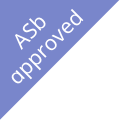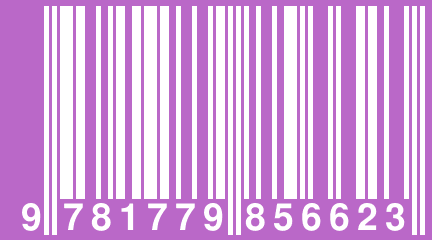
Human Rights Day
Arnold Mushwana
Thulisile Shongwe

English
First paragraphs
——
Human Rights Day is celebrated in South Africa on 21 March each year.
-
This storybook is about the history and importance of this public holiday.1
During apartheid, Black South Africans were oppressed.
-
People fought against apartheid and its unjust laws. They were fighting for freedom and equal rights.-
On 21 March every year, the country remembers its freedom fighters.2
In 1960 on 21 March, people in Sharpeville and Langa went on marches.
-
They were protesting the unjust laws of the apartheid government. They marched against the ‘pass law’.-
“Amandla! Ngawethu! Power to the people!” shouted the marchers.3
In Sharpeville, they were singing and marching peacefully to the police station.
-
When the police saw the crowd of people, the police attacked the marchers.-
People ran, some were injured. Some lost their lives.4
21 March was first remembered as Sharpeville Day.
-
The day was made a public holiday after the 1994 democratic election.-
The country remembers the people who fought for freedom. It is a way to say thank you to them.5
South Africa has a democratic Constitution. The people who wrote the new Constitution wanted everyone to respect human rights.
-
The South African Constitution sets out the rights and duties of all who live there. Everyone has the same rights.6
Every year, 21 March is a public holiday. Offices and schools are closed.
-
It is a day to celebrate human rights. It is a day to celebrate equality.-
People celebrate and honour this day in different ways.7
Children can celebrate this important day by talking about their rights as young people.
-
Yes, children also have rights!-
Children’s rights are a special type of human rights, for people younger than 18 years old.8
All children have equal rights. Do you know your rights?
-
“The right to be cared for,” says Ntombi.-
“The right to have a name!” shouts Nsuku-
“The right to live in my country, or any country,” says Shadrack.9
“The right to be safe,” says Melanie, at the back.
-
“The right to education,” says Arnold.-
“The right NOT to be hurt or abused,” says Nhlayiselo.10
Those are some of the rights that all children have.
-
We have rights and we also have duties. We have rights and responsibilities.-
What responsibilities do children have? “The duty to do my chores,” says Ann.11
“The responsibility to look after my body and brain and stay healthy,” says Nsuku.
-
“The duty to treat others as we want others to treat us,” says Cheyeza.-
“The responsibility to do my best at school,” says Mixo.12
“The responsibility to respect the rights of others,” says Lerato.
-
Every one of us has the responsibility to respect the rights of other people. All human beings are equal.-
Human Rights Day is about freedom and equality for all.13
——Questions
- Why is 21 March a public holiday in South Africa?
- What are human rights?
- Give three examples of children’s rights.
- Find out about South Africa’s Bill of Rights. Make a list of the rights.
- How do you show your gratitude to the people in your family?
- Is South Africa’s Bill of Rights the same as the United Nations’ (UN) Human Rights? Explain.
- The South African Constitution sets out the rights and duties of all who are in the country. Find out about five citizens’ duties listed in the Constitution.
14
——Books in this series
- Freedom Day
- Heritage Day
- Human Rights Day
- Reconciliation Day
- Women’s Day
- Workers' Day
- Youth Day
15
——
This story was created and written in Xitsonga as part of the Zenex Ulwazi Lwethu reading materials project in 2020.
16

Attribution CC BY

Your attribution should include the following:
Title: Human Rights Day
Author/s: Arnold Mushwana
Translator/s: Arnold Mushwana
Illustrator/s: Thulisile Shongwe
Assurer/s: African Storybook
Language: English
© Zenex Foundation - Saide 2025
Title: Human Rights Day
Author/s: Arnold Mushwana
Translator/s: Arnold Mushwana
Illustrator/s: Thulisile Shongwe
Assurer/s: African Storybook
Language: English
© Zenex Foundation - Saide 2025
CC BY includes the following elements:
BY – Credit must be given to the creator
– Credit must be given to the creator
BY
 – Credit must be given to the creator
– Credit must be given to the creator